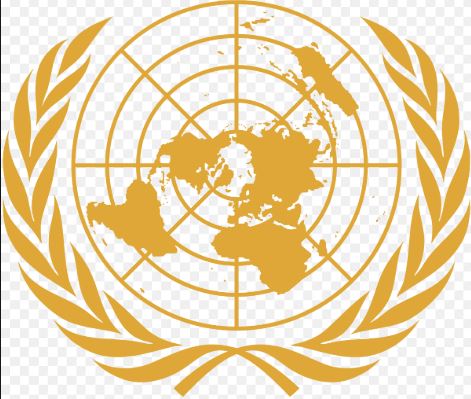The United Nations World Food Programme (WFP) has welcomed the contribution of $2 million from the Government of Japan that will provide life-changing support to people and communities affected by insecurity in north eastern Nigeria.
A statement by the National Communications Officer of WFP, Kelechi Onyemaobi, he said as part of WFP’s efforts to build stability across communities in north east Nigeria, Japan’s contribution would support more than 48,000 women and men to rebuild their livelihoods.
Onyemaobi said WFP would provide food purchased with these funds to people growing crops, raising livestock and rehabilitating assets that may have been damaged during conflict in the region.
“The government of Japan is committed to supporting Nigerian and international efforts to ensure that millions of people in need of food in northeast Nigeria do not go hungry,” said Shigeru Umetsu, Chargé d’affaires ad interim of Japan to Nigeria.
“It’s expected that this funding will alleviate the suffering of people in the affected states.”
Japan’s support for livelihoods complements WFP’s lifesaving efforts in Nigeria where some 700,000 people are provided cash or food assistance every month, and over 250,000 women and children receive supplementary nutritional support.
“This funding from the Government of Japan is most welcome at this time,” said Myrta Kaulard, WFP Representative in Nigeria.
“In partnership with Japan, WFP can maintain its focus on protecting people and making them self-reliant again because ultimately, we want to stop these people from becoming dependent on food assistance.”
WFP hopes that other donors will follow suit to support changing the lives of thousands of crisis-affected people, thus bringing back stability to northeast Nigeria.
In view of the forth-coming June-July planting season, it is vital that adequate funding for livelihood programmes is received. Livelihood assistance has been shown to bring long-term benefits to development and peace initiatives in conflict-affected regions.
It would be recalled that the United Nations World Food Programme – saving lives in emergencies and changing lives for millions through sustainable development.
WFP works in more than 80 countries around the world, feeding people caught in conflict and disasters, and laying the foundations for a better future.





